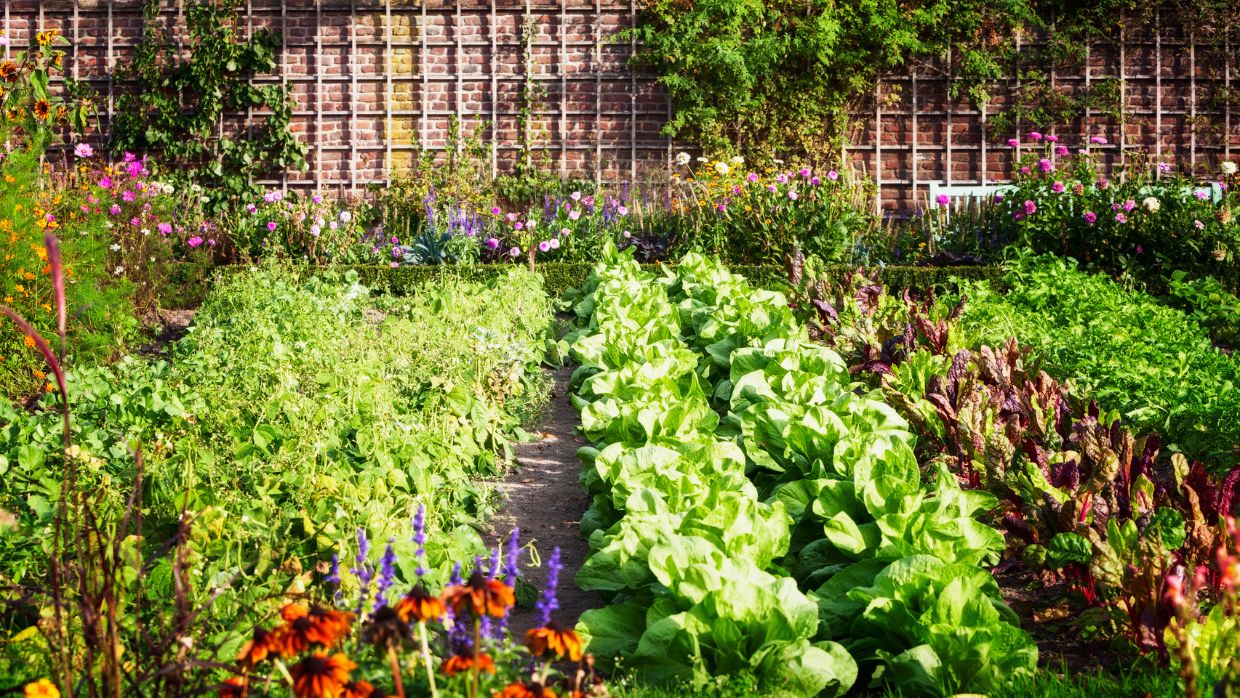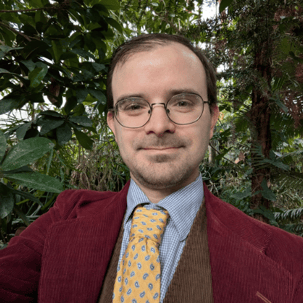Rooted in Nature: A Sodexo Employee’s Journey to Sustainability

 Name: Chris Harasta
Name: Chris Harasta
Title: Operations and Sustainability Manager
Segment: Campus, Serving Binghamton, Albany, New Paltz, Oneonta and Monroe Community College
Years With Sodexo: 9
Area of Expertise: Connecting and collaborating with groups to implement successful sustainability programs
Chris Harasta brings a unique perspective to sustainability in the workplace, combining his connection to nature with practical operational expertise. He shares insights on collaborative leadership, his personal sustainability journey and how meaningful partnerships can create impact. Chris’ work demonstrates how sustainability efforts can benefit both local communities and the planet at large.
What makes you passionate about CSR and sustainability work?
I grew up with easy access to the woods. I lived next door to a nature center and got very involved with the Scouts when I was young. I worked for nine years or so at a summer camp, and when I looked out my window, it was a forest. Growing up surrounded by nature set the foundation for me, and its preservation has become a core value. Now understanding how society's actions damage ecosystems and deplete resources, I believe we must change our approach to the planet and to our communities. I've taken that on as a personal goal, which led to a career mission of protecting our natural world and creating more sustainable practices.
I want to make a difference. At the end of my life, which is hopefully many, many years from now, I want to look back and realize that the world is a better place because I was here. That's the driving force behind a lot of the decisions I make.
What has been the most satisfying or impactful CSR project you’ve worked on?
In my experience, impactful and satisfying projects have been different. Impactful projects didn’t deliver immediate satisfaction. For example, when I started in operations, I noticed excessive waste of cleaning cloths — staff would use and discard them freely. By implementing a simple limit of two cloths per person daily, we reduced consumption by 85%, eliminating hundreds of cases annually. While this had a significant local impact, it didn't provide that warm, feel-good sensation right away — but the impact did.
One of our most satisfying projects is a recent hydroponic growing initiative at Binghamton. We purchased three grow units that are now actively producing plants through collaborative partnerships across campus. My intern from Empire State Service Corps led the project, connecting us with the campus food pantry director, who also manages the campus garden. We offered the grow towers in exchange for their expertise in monitoring plant growth, with most produce going to the food pantry to fight student food insecurity. We also partnered with the campus Seed Library to provide seeds while promoting their services and engaged Garden Club students to manage the nutrient levels. What makes this project special is that everyone comes together to support students facing food insecurity, creating a beautiful network of giving.
How can Sodexo's sustainability practices and programs support our clients in reaching their sustainability goals?
Our sustainability goals are often closely aligned with what our clients want to achieve. We're seeing that the same metrics are important when it comes to climate change and reducing our waste and emissions. It’s an opportunity for us to have those conversations with our clients and say, "How can we work together to step forward?" We all want to ensure that future generations can enjoy the same world that we enjoy today. It's an easy win for us and the clients.
What can companies be doing to move us toward a healthier planet?
Companies can look at sustainability as a long-term investment. While our world appears abundant with "natural resources," we're mistaking this for limitless supply. However, every resource we use — from food to packaging to energy — is finite, and our current consumption rate is unsustainable. Companies bear responsibility to both the communities where they operate and those from which they extract resources.
We must reduce consumption through waste monitoring systems, design products with recycling or repair capabilities, and refuse partnerships with businesses using exploitative or environmentally harmful practices. If we want to continue to do business in a thriving world, then we need to ensure that the whole world thrives with us.